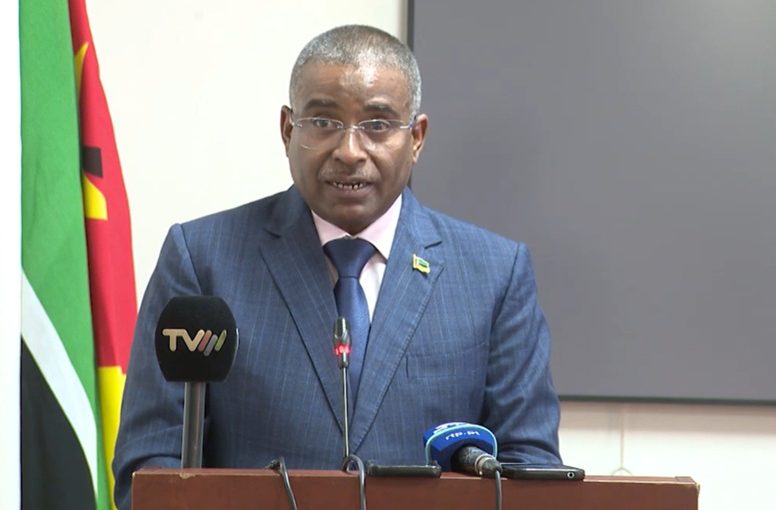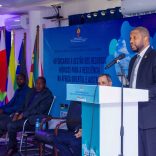Mozambique: Digital data 'oil of 21st century' for economy, social growth - govt
Mozambique: World Bank disburses US$201 million to finance health system preparedness – Watch

Screengrab: TVM
The World Bank has announced US$201 million to fund emergency preparedness and response programs in the health system in Mozambique.
“This initiative reflects the regional, global, and national commitment to investing in health systems and investing in the health of Mozambicans (…). This project is a US$201 million grant,” said João Pires, Head of Health Projects at the World Bank.
The official was speaking in Maputo during the launch of the Health Emergency Preparedness, Response and Resilience (HEPR) project, financed by the World Bank, which aims to strengthen the resilience of the Mozambican health system by promoting better multisectoral preparedness and response to public health emergencies, including epidemic outbreaks and natural disasters.
The fund will benefit 50,000 health professionals, according to the World Bank, which hopes it will be a “catalyst” for the provision of quality health services in the country, strengthening the use of digital platforms in this sector.
“We are launching this initiative with the Government of Mozambique at a time when we know that external financial assistance is experiencing serious difficulties. We know that this assistance has been declining, at a time when needs continue to increase,” João Pires said.
Speaking at the same ceremony, the Mozambican Health Minister, Ussene Isse, highlighted that the initiative aims to establish digital health human resources information management platforms, develop curricula for medical, nursing, and other health professional specializations, and create a job portal to enable efficient recruitment of health human resources.
The funding announced yesterday is also aimed at providing scholarships and grants for doctoral, master’s, specialization, and postgraduate training, with the intention of encouraging health professionals to train and develop skills in the area of digital health.
The program also aims, explained Minister Isse explained, to improve access to quality health products, including capacity building for the local production of medicines and health products, establish a favourable regulatory and legal environment for the local production of medicines and health products, and improve early detection and response to health emergencies through a multisectoral approach.
This program will further “support collaborative multisectoral surveillance and laboratory diagnostics, ensure timely verification, investigation, and risk assessment of alerts, expand laboratory capacity, and test for threats to human, animal, and environmental health”, the Health Minister said.
“Mozambique faces high levels of vulnerability from disease outbreaks, humanitarian disasters caused by extreme natural events such as storms, cyclones, floods, and droughts, and negative impacts caused by climate change. These events have contributed to slowing our gains as a sector, as access to healthcare is compromised,” the Minister concluded.












Leave a Reply
Be the First to Comment!
You must be logged in to post a comment.
You must be logged in to post a comment.